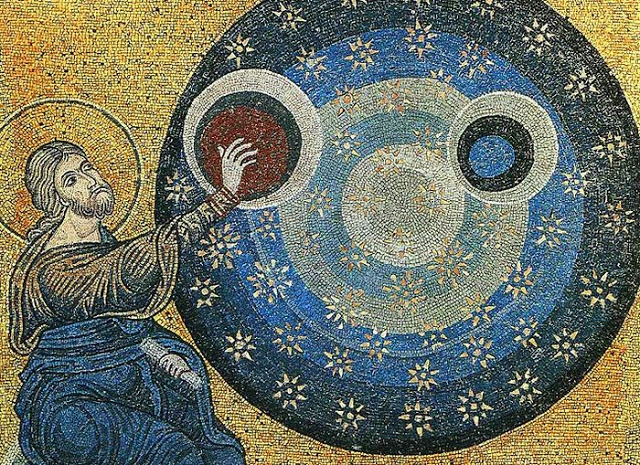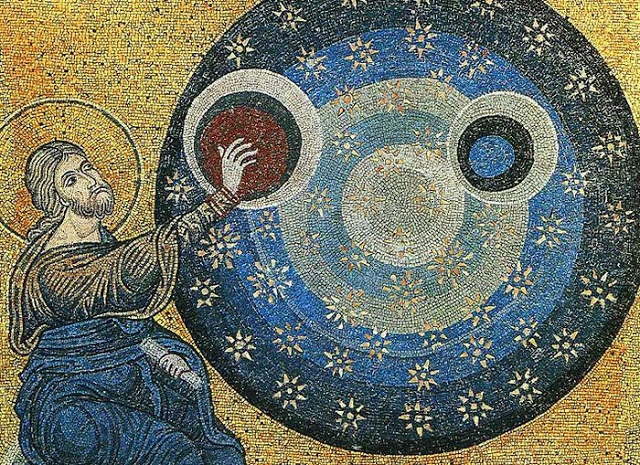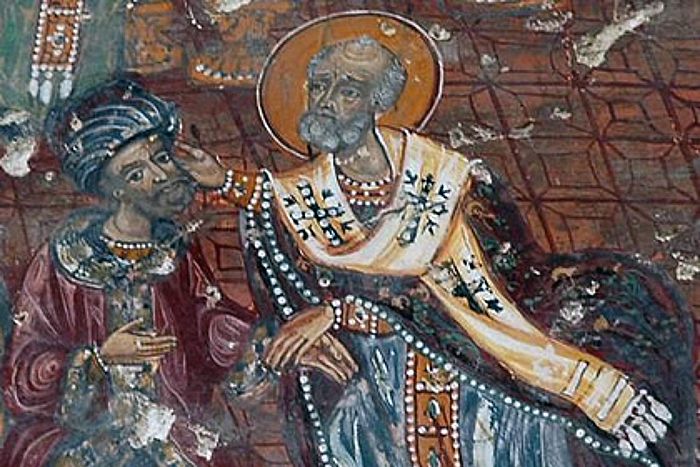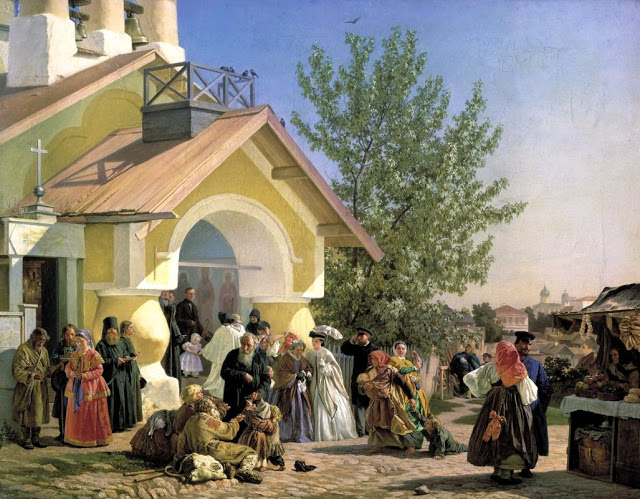
The Orthodox calendar is rich for mysteries. There are apparently simple and even trivial things, we do not even think about. For example, we can mention the date of the beginning of the new year. Any reasonable person of the modern world, if only they are not the stickers of an exotic tradition, will say that the date is January 1. It seems natural since we count months beginning from January. Here is also the winter solstice, after which days become longer. What is more, the feast of the Nativity of Christ is celebrated on December 25, and we can state that when the Word became flesh, God was born into this world, it became the moment from which we could count our time.
However, the Orthodox Church considers September 1 as the first day of the year. Why so? There are several answers to this question but most of them are connected with the number 7, one way or another, while September is the 7th month if counting from March. The thing is that March was the first month of the biblical year for ancient Hebrews.
The number 7 is symbolic for biblical consciousness. According to the biblical story, “on the seventh day God ended His work which He had done, and He rested on the seventh day from all His work which He had done. Then God blessed the seventh day and sanctified it, because in it He rested from all His work which God had created and made” (Genesis 2:2-3). So, for people living in the world of the Bible, the number 7 and the 7th month are some kind of wholeness, like something completed, after which the cycle begins again.
However, Christian theology is not limited to the number 7 only. It comes out of the cycle, since the Christian perception of time is lineal and eschatological. It is lineal because the human history began at the certain moment of time and will come to its end once – at least, to its end in a usual earthly sense. With the Coming of Christ, the old world will end and the time will come in which there will be no time at all: “Now when all things are made subject to Him, then the Son Himself will also be subject to Him who put all things under Him, that God may be all in all” (1 Corinthians 15:28). Living in the world of Sabbath, Christians know and can experience the 8th day in the Eucharist – the day of a new Aeon, the day when death is defeated, the day when the Kingdom of Heaven penetrated to this world. The kingdom is already among us, and this is why we can await for this Kingdom, because we have already partaken of It, we have already become a part of It since we are the people of God and gather at Christ’s Supper in His Kingdom (ref. Luke 22:30). Each week has 7 days, and after the 7th day, the 8th day comes, which seems to fall out of the week; every year and every feast of Pascha tell us about what is the only thing important for us – the Kingdom of Heaven.
The feast of the Church New Year testifies that the era of the new and old world is coming to its end. As Jesus Christ says, “The Spirit of the Lord is upon Me, because He has anointed Me to preach the gospel to the poor; He has sent Me to heal the brokenhearted, to proclaim liberty to the captives and recovery of sight to the blind, to set at liberty those who are oppressed; to proclaim the acceptable year of the Lord” (Luke 4:18-19). Thus, let us all follow the calling of St. Apostle Paul: “Therefore I exhort first of all that supplications, prayers, intercessions, and giving of thanks be made for all men, for kings and all who are in authority, that we may lead a quiet and peaceable life in all godliness and reverence. For this is good and acceptable in the sight of God our Savior, who desires all men to be saved and to come to the knowledge of the truth” (1 Timothy 2:1-4).




